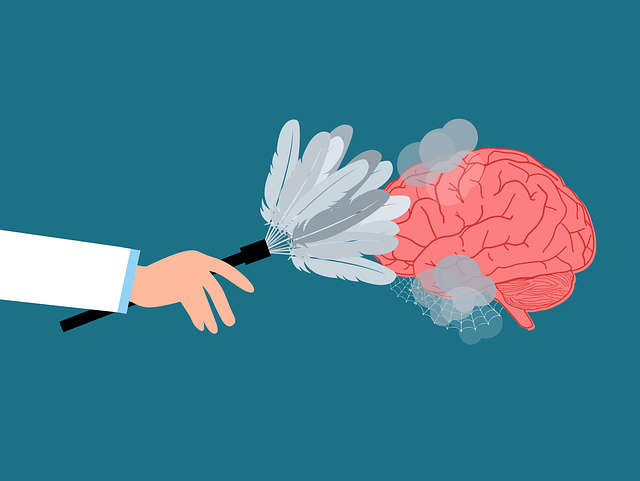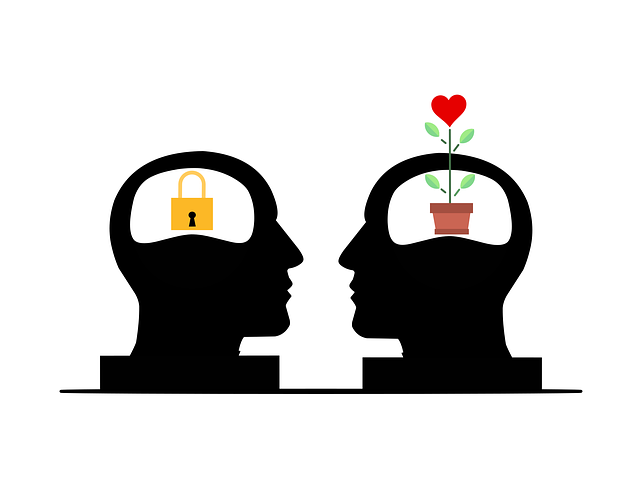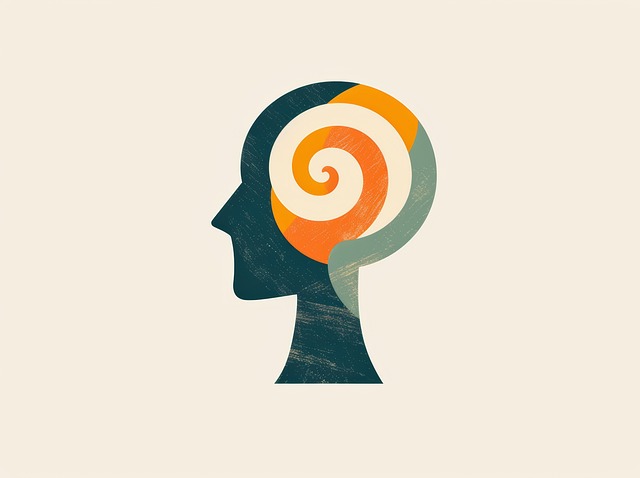Arvada Learning Disability Therapy provides specialized support for individuals experiencing loss, grief, and bereavement, particularly those with mental illness or stigma. Their counselors employ coping skill development strategies, prioritize cultural competency training, and offer a safe haven for emotional processing through skilled therapists. The therapy program adapts to cognitive differences and integrates tailored mental health education, combining individual and group sessions for improved mood management and lifelong coping skills. Post-bereavement strategies, including self-awareness exercises and community outreach, enhance recovery and build lasting resilience.
Loss, grief, and bereavement counseling are essential components of healing after a significant loss. This comprehensive guide explores these topics, offering a detailed overview of understanding loss, processing grief, and navigating bereavement. We delve into the crucial role therapy plays in managing difficult emotions, identifying common grieving patterns, and providing strategies for long-term resilience. Arvada Learning Disability Therapy serves as a beacon, addressing unique challenges faced by individuals dealing with profound changes.
- Understanding Loss, Grief, and Bereavement: A Comprehensive Overview
- The Role of Counseling in Navigating Difficult Times
- Identifying Common Grieving Patterns and Coping Mechanisms
- Arvada Learning Disability Therapy: Addressing Unique Challenges
- Strategies for Long-Term Healing and Building Resilience
Understanding Loss, Grief, and Bereavement: A Comprehensive Overview

Loss, grief, and bereavement are complex and deeply personal experiences that vary from person to person. Understanding these processes is crucial for anyone seeking to support individuals navigating these challenging times. Loss refers to the absence or removal of something significant, while grief is the emotional response to loss, often characterized by sadness, anger, guilt, and confusion. Bereavement, on the other hand, specifically pertains to the period after a loved one’s death during which an individual processes their loss.
At Arvada Learning Disability Therapy, we recognize that these experiences can be especially difficult for those dealing with existing mental illness or facing stigma within their communities. Our counselors are equipped with strategies focused on coping skills development to help individuals manage their emotions and build resilience. Additionally, we emphasize the importance of Healthcare Provider Cultural Competency Training to ensure sensitive and effective support for all clients, contributing to successful Mental Illness Stigma Reduction Efforts.
The Role of Counseling in Navigating Difficult Times

In the face of loss, grief, and bereavement, counseling plays a pivotal role in helping individuals navigate these difficult times. It provides a safe space for processing emotions, memories, and the profound sense of loss one might experience. Through the guidance of skilled therapists, like those at Arvada Learning Disability Therapy, clients can explore and understand their feelings without judgment. This process facilitates healing by allowing them to express sorrow, anger, or confusion—emotions often associated with grief—in a constructive manner.
Counseling also equips individuals with valuable tools such as conflict resolution techniques and risk management planning for mental health professionals, enabling them to cope more effectively. Additionally, engaging in mental wellness podcast series production can offer valuable insights and support from the comfort of one’s own time. These resources collectively empower those dealing with bereavement to find meaning, hope, and resilience during their healing journey.
Identifying Common Grieving Patterns and Coping Mechanisms

Grief is a complex process, and individuals often exhibit unique patterns when navigating loss. Common stages include denial, anger, bargaining, depression, and acceptance, as described by the well-known Kübler-Ross model. However, every person’s journey through grief is personal, and some may experience these stages differently or in non-linear sequences. Identifying these patterns can be a crucial step in effective counseling, especially when tailored to an individual’s needs.
At Arvada Learning Disability Therapy, our counselors are trained to recognize not only these typical grieving mechanisms but also the unique coping strategies that arise from them. We understand that building inner strength and improving self-esteem can play a significant role in managing grief. By conducting a thorough risk assessment for mental health professionals, we ensure a safe and supportive environment where clients can explore their emotions, develop healthy coping mechanisms, and foster resilience during and after bereavement.
Arvada Learning Disability Therapy: Addressing Unique Challenges

In addressing grief and bereavement among individuals with learning disabilities, Arvada Learning Disability Therapy stands out for its specialized approach. These unique challenges often manifest in coping mechanisms that differ from neurotypical individuals, demanding tailored strategies. The therapy program recognizes that processing loss involves more than mere emotional support; it entails adapting communication methods to accommodate cognitive differences while integrating mental health education programs designed specifically for this demographic.
Through a multifaceted strategy that incorporates both individual and group sessions, Arvada Learning Disability Therapy facilitates improved mood management for its clients. By fostering an environment where emotions can be openly expressed and understood, the therapy helps individuals navigate complex feelings associated with loss. This holistic approach not only addresses immediate grief but also equips participants with lifelong coping skills, enhancing their overall mental wellness.
Strategies for Long-Term Healing and Building Resilience

Healing from loss is a journey that requires time and patience. To foster long-term healing and build resilience, individuals can employ various strategies post-bereavement. One effective approach involves engaging in self-awareness exercises to process emotions and understand one’s reactions to grief. These practices can be facilitated through Arvada Learning Disability Therapy, which offers specialized programs tailored for emotional support.
Additionally, building a supportive community can significantly impact recovery. Implementing community outreach program initiatives encourages connection and provides a platform for sharing experiences. Mental health education programs designed to raise awareness about grief and its management can empower individuals to seek help early. By combining these strategies with professional guidance, one can navigate the complexities of grief, promote healing, and develop lasting resilience.
Loss, grief, and bereavement counseling are vital tools in helping individuals navigate challenging times. By understanding these complex emotions and adopting strategies like those offered by Arvada Learning Disability Therapy, people can work towards long-term healing and resilience. Recognizing common grieving patterns and implementing effective coping mechanisms is essential for processing loss. This comprehensive approach ensures that individuals not only survive but thrive after a significant loss, ultimately fostering a healthier and more resilient mindset.














